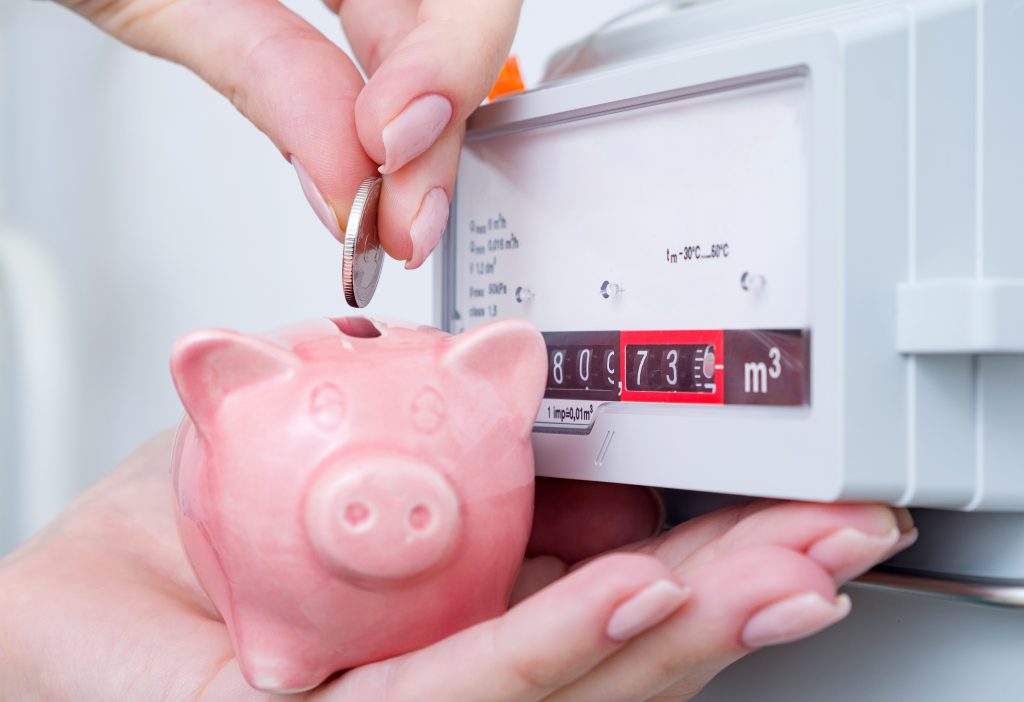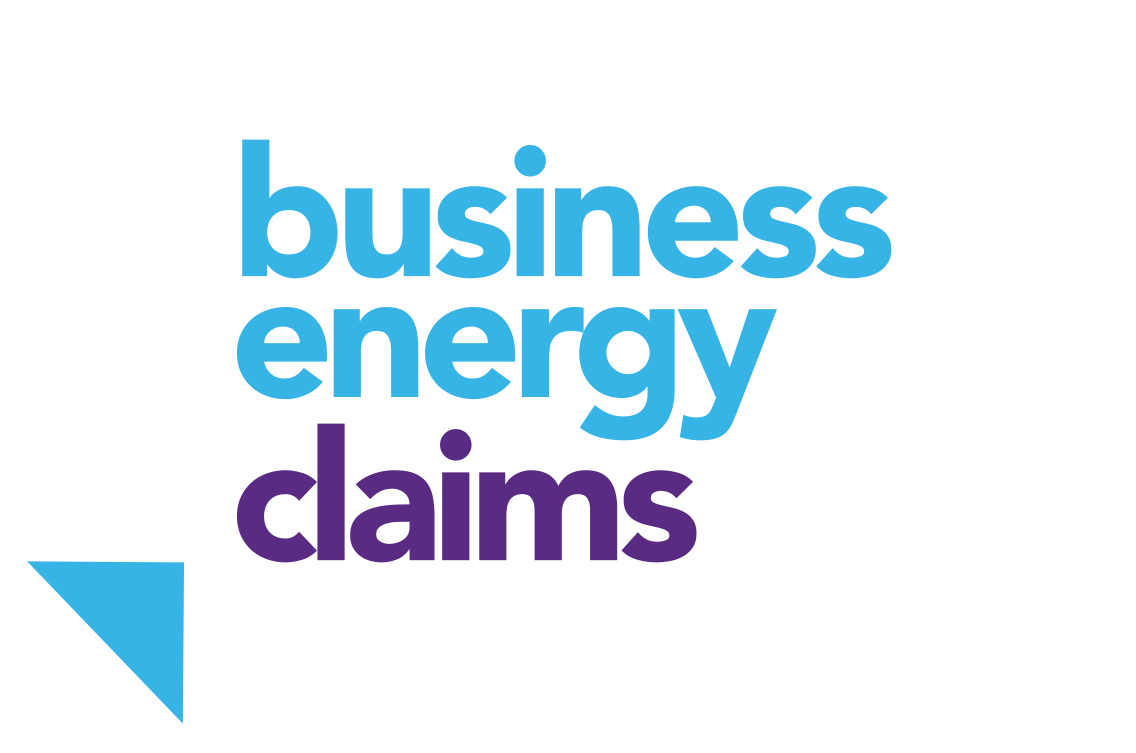As energy prices continue to rise across the UK, many business owners are asking: Why are commercial energy rates so much higher than residential ones? Understanding the differences in how energy is priced and supplied can help businesses make smarter decisions and potentially save thousands on their bills.
How Commercial Energy Pricing Works
Energy suppliers purchase electricity and gas from the wholesale market and sell it to both domestic and commercial customers. When wholesale prices rise, suppliers increase their rates to cover costs—affecting everyone. However, businesses are charged differently:
- Domestic energy is typically bought in bulk and capped by Ofgem, limiting supplier profits to 1.9%.
- Commercial energy is purchased for longer contract periods (1–5 years), often without any price cap or profit limit.
- Businesses also pay 20% VAT and the Climate Change Levy, adding to the cost.
- Unlike households, businesses don’t get a cooling-off period, making contract decisions more critical.
Why It’s Harder for Businesses to Compare Energy Prices
Residential customers can easily compare energy deals online. Businesses, however, receive custom quotes based on usage, location, and contract terms. This makes it harder to benchmark prices and spot hidden fees, especially broker commissions that are often embedded in unit rates without disclosure.

How Global Events Impact Business Energy Costs
Several global factors have driven energy prices higher:
- Ukraine conflict: Europe relies heavily on Russian gas. Disruption in supply has pushed prices up across the continent.
- Pandemic effects: Initial lockdowns reduced demand, but post-pandemic recovery has caused prices to surge.
- Weather extremes: Cold winters and hot summers increase energy consumption.
- Low renewable output: Reduced wind energy and stalled investment in renewables have added pressure.
- Supplier instability: Rising bad debt has led some suppliers to charge upfront fees, up to £10,000 to protect against bankruptcy.
Can Businesses Save Money on Energy Bills?
Yes, if they act strategically. Here are some key tips:
- Avoid rollover contracts: Start shopping for new deals months before your current one ends.
- Get multiple quotes: Aim for at least three to compare rates and terms.
- Sign a new contract early: Renewing up to six months in advance can save up to 20%.
- Explore clean energy options: Incentives for energy-efficient tech can reduce bills by up to 20%.
- Ask about broker commissions: Always ask how your broker is paid and what fees are included in your rate.

Should You Fix Your Energy Prices?
Fixing your energy rates is one of the best ways to protect your business from future price hikes. Businesses that locked in fixed rates in 2021 saved significantly. Even if your contract isn’t ending soon, it’s worth comparing rates now to secure a better deal.

Need Help Navigating Business Energy Costs?
At Business Energy Claims, we help UK businesses:
- Identify hidden broker fees
- Recover overpaid costs
- Secure better energy deals
For more information on the types of things that can affect energy prices or any questions about energy for your business, please don’t hesitate to get in contact with us.
